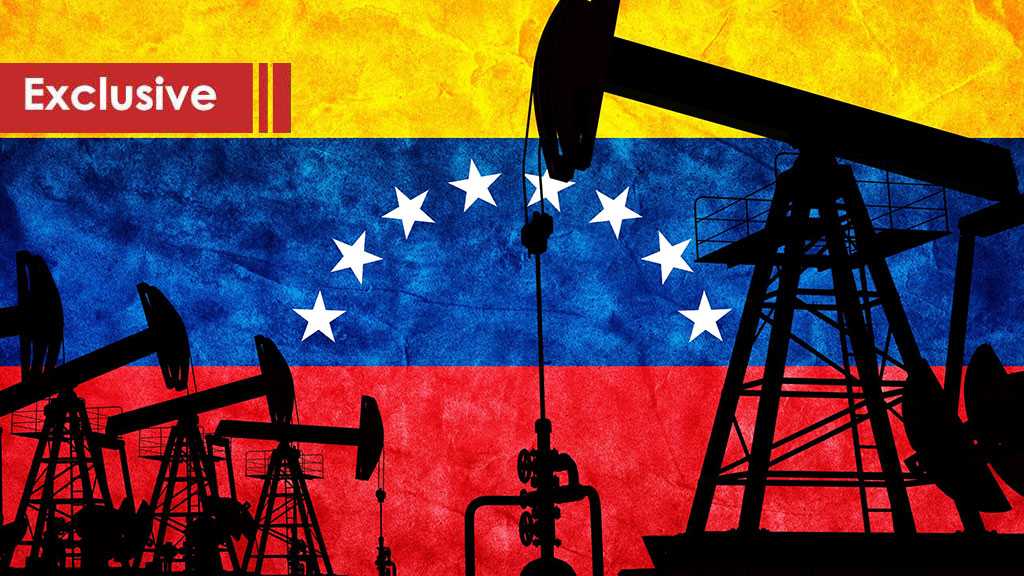
Why Viktor Orbán Anticipates the Collapse of the European Union

By Mohamad Hammoud
Lebanon – The European Union [EU] is often hailed as a historic project of unity, yet it faces growing internal strains. Hungarian Prime Minister Viktor Orbán has repeatedly warned that the current form of the EU is unsustainable and may collapse. His prediction stems from historical memory, economic pragmatism and resistance to over-centralization. Orbán argues that erosion of sovereignty, financial burdens, migration policy, and the handling of the Ukraine war signal the weakening of the European project.
Centralization and the Erosion of Sovereignty
Orbán’s skepticism begins with the EU’s structure. He has often accused Brussels of acting like an empire that undermines the authority of national governments. In a July 2022 speech at Tusványos, he said, “Brussels today is not our friend but our adversary. It wants to force upon us things that Hungarians do not want”. He believes EU institutions have shifted from cooperation to enforcing uniformity, threatening national identity and democratic decision-making.
This tension highlights a broader debate across Europe between those who advocate for “ever closer union” and those who prefer a looser confederation of states. Orbán argues that without respecting national sovereignty, the project will continue to alienate its members and eventually disintegrate. Political analyst Ivan Krastev has noted that the EU’s challenge lies in the “divergence between Brussels’ vision of unity and national governments’ desire for autonomy.” Orbán has firmly positioned himself on the side of autonomy.
Economic Strains and the Burden of Sanctions
The economic dimension is a key aspect of Orbán’s perspective. Europe’s economy has experienced considerable shocks due to the COVID-19 pandemic, climate transitions, and the sanctions imposed on Russia following its invasion of Ukraine in 2022. Orbán contends that these sanctions have harmed Europe more than they have affected Russia. In a September 2023 interview, he stated, “The sanctions policy is like shooting ourselves in the lungs and hoping the other will suffocate first.”
This critique reflects a populist economic realism: while Western European leaders frame sanctions as a moral stand, Orbán emphasizes their immediate cost to European industry and households. The spike in energy prices has, in his view, exposed the fragility of the EU’s dependence on external suppliers. Economist Daniel Gros has noted that the EU’s energy crisis has indeed exposed structural weaknesses, particularly in Central and Eastern European countries. Orbán has used these vulnerabilities to argue that the EU’s economic model is unsustainable if ideology continues to override pragmatism.
Migration and Cultural Conflict
Migration is another pillar of Orbán’s critique. Since 2015, he has framed himself as a defender of Europe’s “Christian civilization” against uncontrolled immigration. In a 2018 speech, he said, “We do not want to become a mixed race… We do not want to mix with others.” Though widely condemned, his stance resonates with Europeans uneasy about mass migration. Orbán sees the EU’s migrant quota proposals as coercive and divisive. Scholar Catherine De Vries warns migration could “erode the legitimacy of the Union” if mishandled. Orbán capitalizes on this, portraying the EU as culturally unstable and politically overreaching.
The Ukraine War and Enlargement Fatigue
Orbán’s most immediate concern is the war in Ukraine and the EU’s response. While most member states support Kyiv, Orbán has resisted sending weapons, blocked aid, and questioned Ukraine’s EU bid. In December 2023, he said, “Ukraine is in no way ready to join the European Union. Forcing this process is irresponsible and dangerous”. He warns that Ukraine’s accession would strain the EU budget and deepen confrontation with Russia. Political scientist Ivan Krastev notes Ukraine’s size makes its membership bid a significant test for EU enlargement. Orbán argues that rushing it could fracture the Union’s fragile consensus.
Orbán’s Alternative: A Multi-Speed Europe
Despite his criticisms, Orbán does not advocate for Hungary’s exit from the European Union. Instead, he supports a “multi-speed Europe”, where countries integrate at different levels. In a 2021 speech, he said, “The European Union should not be like a United States of Europe. It should be an alliance of free nations that cooperate but remain sovereign.” This model has support among scholars like Philippe Schmitter, who note the EU already operates unevenly [e.g., Eurozone, Schengen]. Orbán argues that formalizing this flexibility is the only way to prevent collapse.
Conclusion: Warning or Self-Fulfilling Prophecy?
Viktor Orbán’s anticipation of the EU’s collapse is a mixture of genuine critique and political positioning. His emphasis on sovereignty, economic realism, cultural identity, and skepticism of enlargement taps into anxieties shared by many across Europe. Whether his prediction comes true depends on how the EU adapts to its internal and external challenges. If Brussels continues its current path of centralization, costly sanctions, and rapid expansion, Orbán’s warning may prove prophetic. If the EU can recalibrate toward a model that balances unity with diversity, it may yet weather the storm.
For Orbán, the collapse of the Union as we know it is not just a possibility—it is the logical outcome of its current trajectory. His critique forces Europeans to confront a central question: is the EU a union of nations, or is it becoming a superstate detached from its peoples? The answer may determine whether Orbán’s warning is remembered as exaggeration or foresight.


